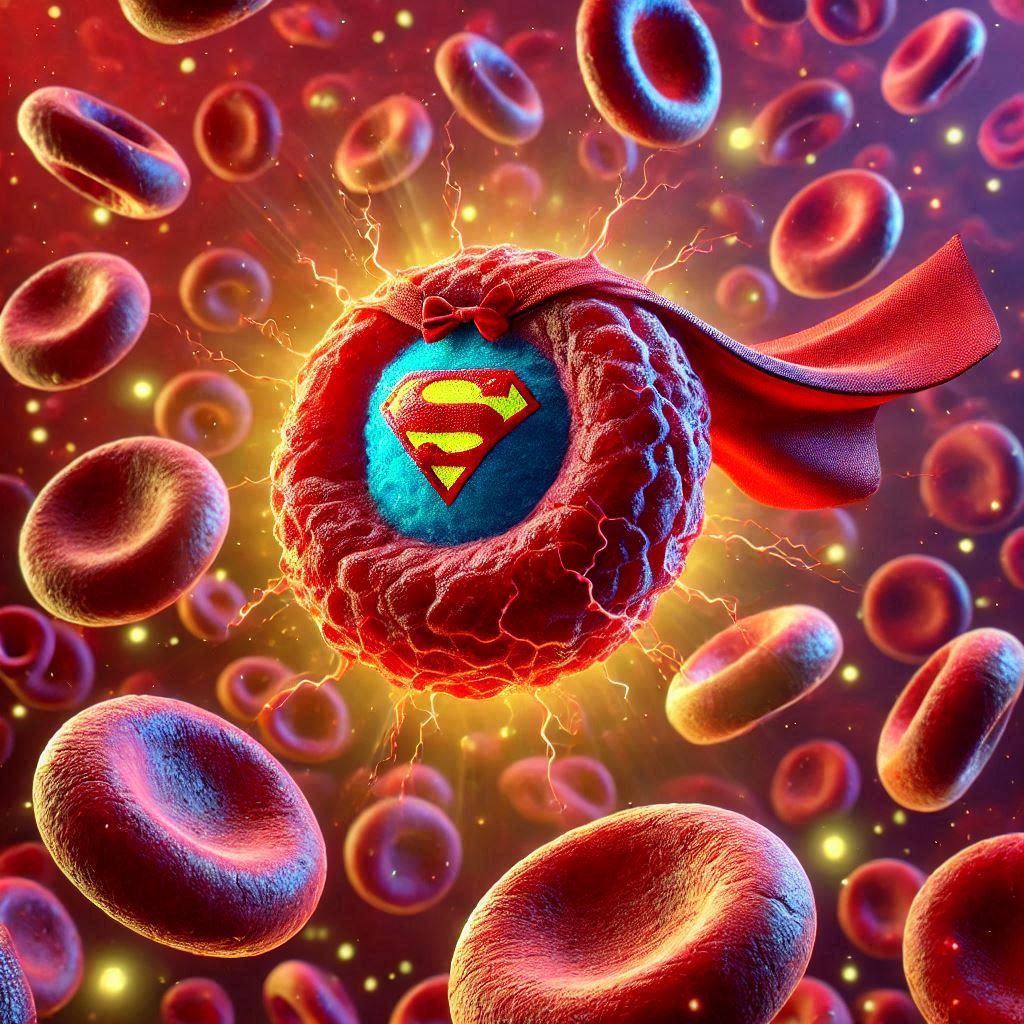
Dr Arun V J: What Is a “Universal Donor”? And Why It May Not Be So Universal
Dr Arun V J, The Leader of Transfusion Medicine at Malabar Medical College, posted on LinkedIn:
“What Is a “Universal Donor”? And Why It May Not Be So Universal
* “O negative blood is the universal donor. It can be given to anyone.”
Sounds simple. Feels powerful.
But as someone working in transfusion medicine, I can tell you — it’s not entirely true.
So, what does “Universal Donor” really mean?
Blood is grouped mainly by two systems — ABO and Rh.
A group has A antigens
B group has B antigens
AB has both
O has none
Your plasma also contains antibodies that attack what’s not yours.
So, if you have blood group A, your plasma has anti-B antibodies — and vice versa.
Now, O negative blood has no A, no B, and no Rh antigens.
That means it’s less likely to cause a reaction when transfused to anyone.
That’s why, in emergencies — when a patient’s blood group is unknown — doctors often reach for O negative.
It’s the safest bet when time is life.
But here’s the twist — it’s not truly universal.
Beyond ABO and Rh, there are over 400 other blood group antigens —
like Kell, Duffy, Kidd, MNS, and more.
These aren’t routinely tested before every transfusion.
So even if the blood is O negative, it might still carry some antigen that the patient’s immune system could recognize as “foreign.”
That can trigger delayed transfusion reactions — sometimes days or weeks later.
In short:
- O negative is the safest option in emergencies.
- But it isn’t completely risk-free.
The Safety Steps
Every compatible transfusion goes through these tests:
Blood Grouping (ABO and Rh)
Antibody Screening
Crossmatching (to check donor–recipient compatibility)
These steps make transfusion one of the safest medical procedures today.
The Future of “Truly Universal” Blood
Scientists are working on fascinating innovations:
- Enzyme-treated red cells – enzymes that remove A and B antigens.
- PEGylated RBCs – coating red cells to hide their antigens.
We’re getting closer to a day when universal blood may actually exist.
* Why It Matters
Because understanding this helps us value blood donation more deeply.
Each unit is unique — and every blood type matters.
It takes thousands of voluntary donors to keep hospitals prepared, especially for rare groups and special patients.
So the next time you hear “universal donor,” remember —
it’s not magic. It’s science, precision, and the generosity of donors working together.
*If you’re eligible, donate blood.
You don’t have to be O negative to save a life.
Because every drop counts.”.

Stay informed with Hemostasis Today.
-
Feb 2, 2026, 17:54Danny Gaskin: Nominations are Open for the BBTS Transfusion Practitioner Special Interest Group Award 2026
-
Feb 2, 2026, 17:44Important Webinar on Care for Patients with iTTP – ISTH
-
Feb 2, 2026, 17:21Tagreed Alkaltham: Some Risks Don’t Look Like Risks in Healthcare
-
Feb 2, 2026, 17:16Sifat Jubaira: Effect of Prolonged Tourniquet Application
-
Feb 2, 2026, 17:14Vivek Mahto: Understanding Deep Vein Thrombosis – Causes, Symptoms, and Prevention
-
Feb 2, 2026, 17:08Tareq Abadl: Heparin vs Warfarin
-
Feb 2, 2026, 17:07Mary Cushman: New Research on Aspirin Use in Pregnancy and Stroke Risk in Offspring
-
Feb 2, 2026, 16:52Aravind Palraj: Young Stroke is Never Just Stroke
-
Feb 2, 2026, 16:48Seyed Mohsen Jahromi Moghadam: Antithrombotic Therapy After Transcatheter Structural Heart Interventions

